The rapid killer Vibrio vulnificus
A few days ago I came across a piece of news that I think is important. Not only for all of you who would be tempted to come to the Bulgarian Black Sea coast, because the prices there, although high for Bulgarians, are low for the standard of living of Western Europeans or UK citizens. But probably not only, because it also affects other parts of the world.
It's about a dangerous bacteria. In fact, when I came across an article with the title: Woman saved from man-eating bacteria, the first thing that came to my mind was: this is a case somewhere in Asia. But then, when I opened the article and read that doctors in my favorite coastal town had done this, I automatically thought: This woman has obviously come home from a trip to Thailand, Bali, or some other of those exotic destinations that are very fashionable these days, and where, you know, the European organism often can't stand the living conditions there and just dies.
But... it wasn't about any Asia, and I think that's the scariest thing about it.
You know, I've told you before how selective the news they give on television is, how skillfully it is chosen every night for one purpose or another. The population is irradiated with only certain information and many important events, international or local, are simply hidden.
So I followed the process of this news. It was published on the national television website, but this meant nothing. I wanted to see if they would break this news on TV where it would reach more people, not just those who have access to Facebook or specifically dig into certain news sites.
Well, it was reported on TV in the evening, somewhere at the end of the news, but looking at the whole case and the way it was reported, the time it was reported - maybe a month after the actual event, I'm left with mixed feelings. Again.
So, it's about the bacterium Vibrio vulnificus. Mortality from infection is very high and very rapid - between 25 and 50%, depending on the mode of infection, and if a person survives, amputation of limbs is often required due to wounds through which the bacteria enters and eats the human tissue.
Most recently, at a gathering with relatives and friends, the situation on the Bulgarian coast in general came up. You know, I've told you before that I don't go there in the peak of the season, when huge amounts of sewage are poured into the sea and the heat favors the growth of bacteria - obviously other than the already mentioned (or?)
I was told how in the past people, apparently with enough financial means, went to the sea several times in one summer, everything was wonderful, perfect, no one was sick... Whether the sea was cleaner then, I don't know. But I know for a fact that when I was little, there were no such things as sunscreens for example, then there must have been, but no one used them.
Back then I never used sunscreen, at the end of the summer I was always black as a gypsy, and today, when I constantly apply factor 50 and constantly burn, I just stopped going in the sun and I'm forever white. So, things have certainly changed a lot since then, let alone 40 years ago for example. In any case, however, I continue to be unable to go to the sea in peak season, since I was a child. The probability of getting to the hospital is very high.
And what shall we say, adding the present circumstance to all the rest?
Oh, "don't panic", the article says. There have been three more people this year in the country who have died from the bacteria, but it generally affects older people with low immune defenses. Well, if this is true, then one would expect the bacteria's victims to rise in the poorest country in the EU with the highest death rate, where from eating poor quality food and not visiting doctors, living in a stressful environment, people have low immune defense (like me? Just that I am not that old.)
But "don't panic" - such a thing was not said during covid, you remember when many people did not panic, but rulers, who are generally not interested in the state of their population, feigned concern. Oh, well, I forgot that you don't know what it's like to live in a country where the rulers have not the slightest interest in the lives of the population. It is because of this that Bulgaria turned out to be one of the countries, if not the country with the lowest vaccination rate, simply because it does not trust its rulers, they have never done anything in the interest of the population.
And now again - this summer there have been three deaths from the bacteria, possibly more, that were not recognized as a diagnosis. You remember the diagnosis I received at a university hospital for a recognizable disease that even I recognized. Bulgaria is full of incompetent doctors, you only understand it when you don't have the time and opportunity to react and consult with people who to visit, to give you recommendations for that. Without recommendations, you are doomed to what happened to me - to buy antibiotics, inapplicable drugs for the particular disease. And if you really don't have a sixth sense like me, to wallow and wait for the disease to get so bad that the treatment drags on for months.
But with this bacteria, you can't wait. The patient develops sepsis and dies within 48 hours. You have to be lucky to come across a doctor who has ever had something like this in his practice, someone with a heart who really cares about the health of his patients and wants to help them, wants to do his job well. This woman was lucky enough to find such doctors, they performed 10 operations on her, they treated her for a month, but they did not amputate her leg.
Can you imagine this? Because I don't. That sounds like science fiction to me. Especially after my recent experiences.
And yes, of course global warming is to blame for the bacteria's spread. Nobody else. And one more thing - one can't do anything against it probably. Maybe just stop going into the sea and stop eating seafood. What else?
Still, I think it's important to be aware of it, be careful with seafood, and never go into the water with an open wound. You never know what lurks in the waters (of the Black Puddle..., pardon, Sea, for sure). Or simply, maybe you should go to the sea somewhere else (also for sure) where the salinity of the water is higher. For example in Greece. Either way, I would never recommend the Bulgarian coast, which is only for sightseeing and photography, but no peak season vacations. Or no vacations at all.
| Thank you for your time! Copyright: | @soulsdetour |
|---|---|
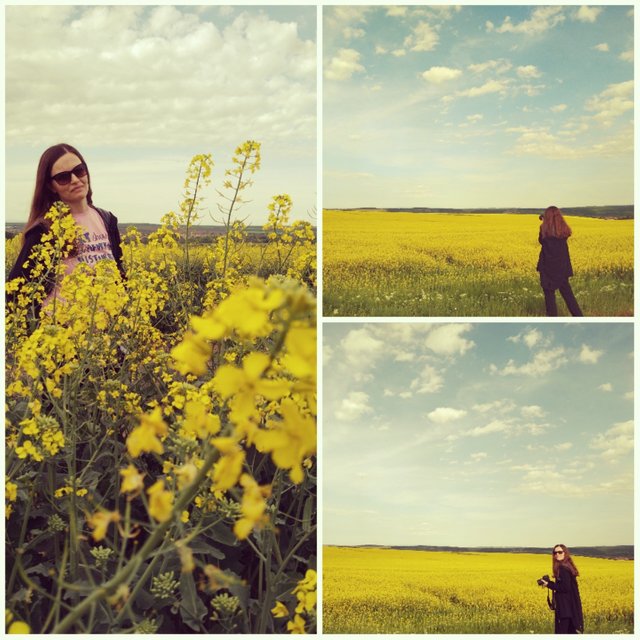 | Soul's Detour is a project started by me years ago when I had a blog about historical and not so popular tourist destinations in Eastern Belgium, West Germany and Luxembourg. Nowadays, this blog no longer exists, but I'm still here - passionate about architecture, art and mysteries and eager to share my discoveries and point of view with you. |
Personally, I am a sensitive soul with a strong sense of justice.
Traveling and photography are my greatest passions.
Sounds trivial to you?
No, it's not trivial. Because I still love to travel to not so famous destinations.🗺️
Of course, the current situation does not allow me to do this, but I still find a way to satisfy my hunger for knowledge, new places, beauty and art.
Sometimes you can find the most amazing things even in the backyard of your house.😊🧐🧭|
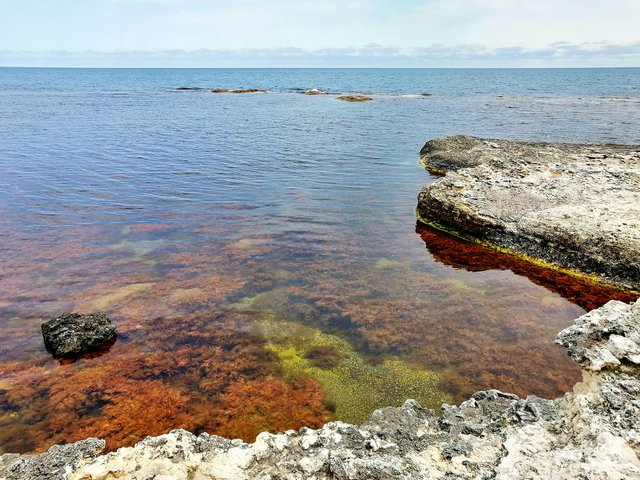
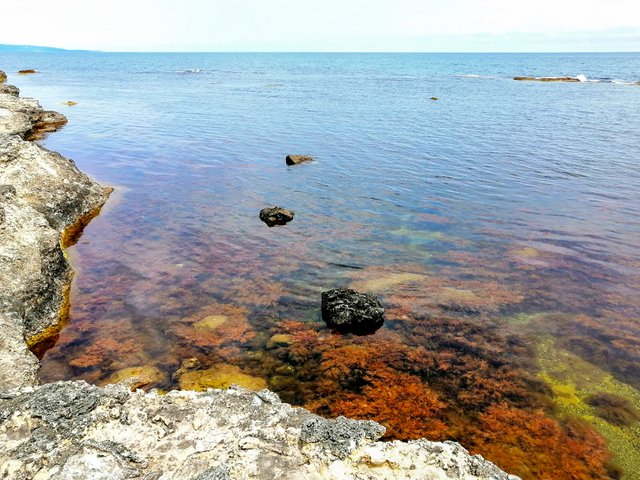
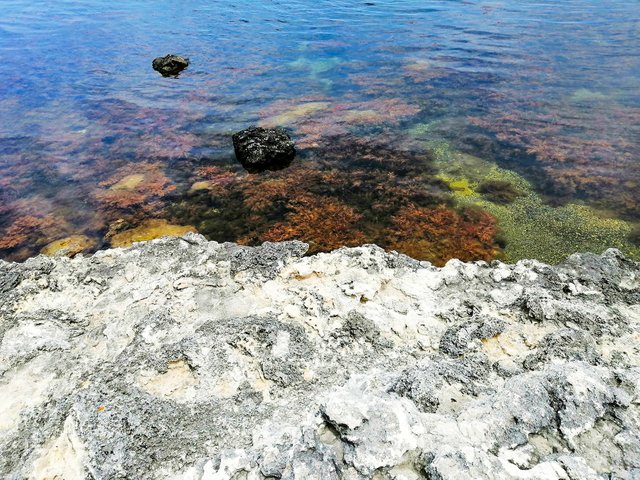
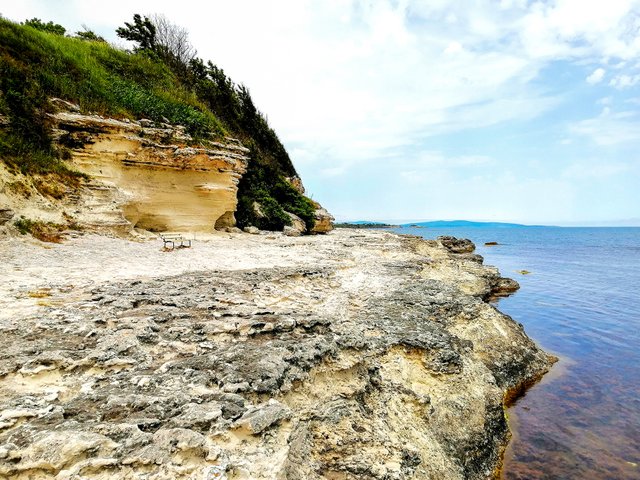
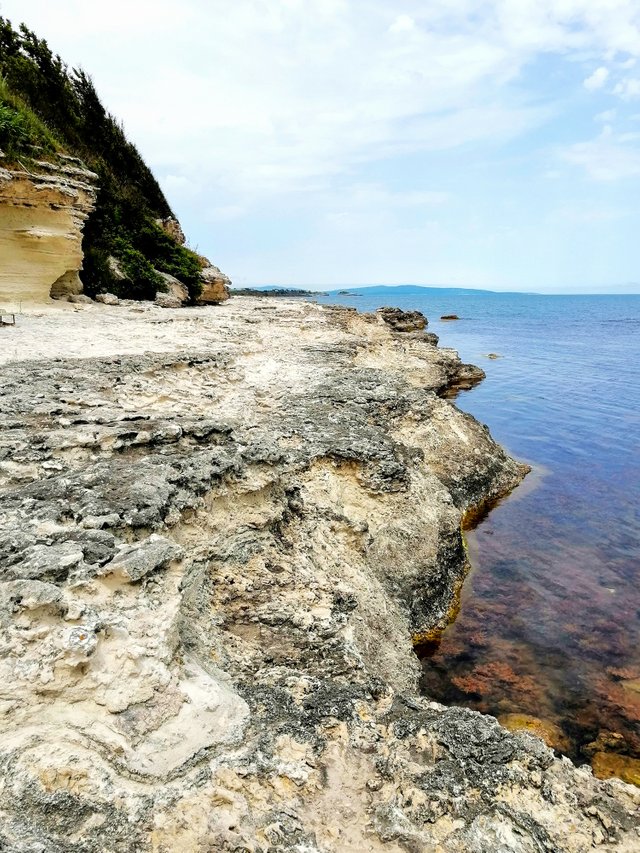
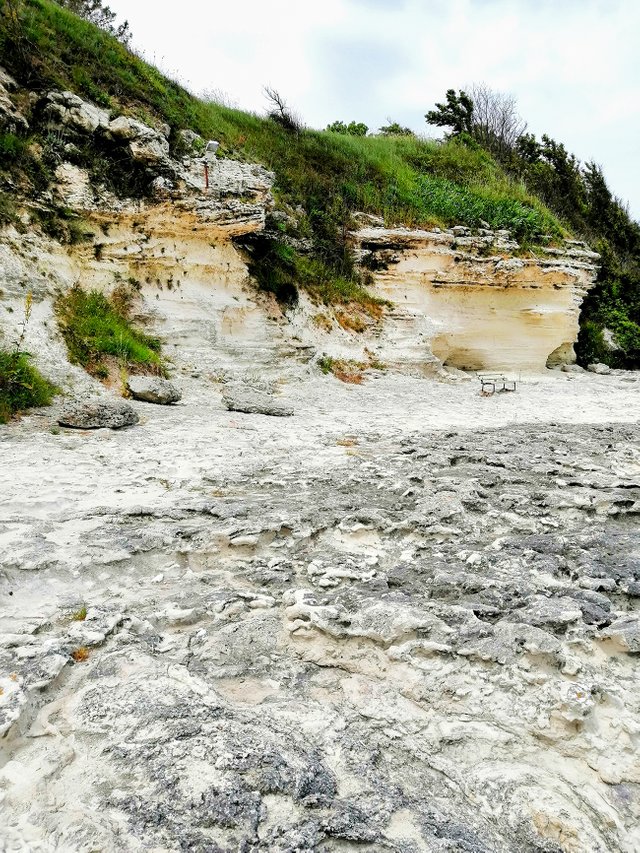
They have flesh and brain eating bacteria here too. It does not kill that quickly though.
I have read about this bacteria being found in the Gulf of Mexico and Florida and cases of infection are increasing in the USA every year due to hurricanes, floods, etc. At first I thought it was related to the waste water that flows into the sea in Bulgaria, it sounds logical: the presence of organic material in the water - a basis for the development and flourishing of bacteria, but maybe I am wrong and this is not the reason for the spread. Maybe in the USA this is not the case for sure🤔